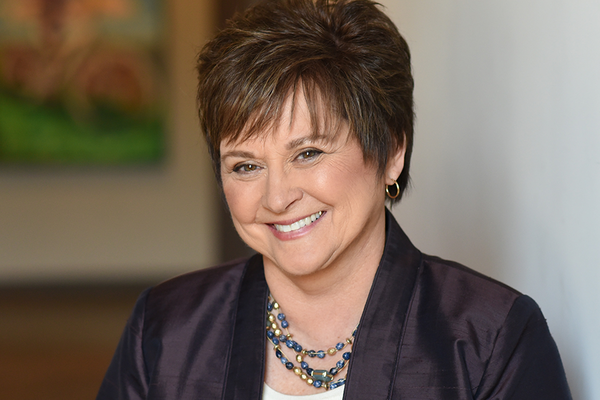Providers miss opportunities to talk about sexual health
Study finds that less than one-third of adolescents report discussing sexual health during annual visits
November 3, 2021

Routine adolescent preventive visits provide important opportunities for promoting sexual and reproductive health and for preventing unintended pregnancy and sexually transmitted infections.
A new study published in Pediatrics — led by the University of Minnesota — found that a majority of adolescents and their parents considered health care provider discussions about puberty, sexually transmitted infections, HIV and birth control important. However, less than one-third of these young people reported discussions about such topics, other than puberty, at their most recent preventive visit.
“Our findings suggest clear gaps between parent and adolescent perceived importance of discussing sexual and reproductive health topics and adolescents’ experiences during preventive visits,” says Professor Renee Sieving, PhD, RN, FAAN, FSAHM, the study’s lead author. “While most parents and many youth that were surveyed noted the importance of providers discussing these topics, it does not routinely occur during preventive visits.”
Based on data from a nationally representative survey of U.S. adolescents ages 11-to-17 years old and their parents, the study’s key findings were that during recent preventive visits:
- 14% of younger adolescents (ages 11-14 years old) and 38.7% of older adolescents (ages 15-17 years) reported that providers asked about their sexual activity;
- of all of the potential sexual and reproductive health topics, provider-adolescent discussions about puberty were most common;
- less than one-third of adolescents reported a provider discussing any other sexual and reproductive health topic; and
- conversations about confidentiality and time alone between providers and adolescents were infrequent, with 20% of younger adolescents and 44% of older adolescents reporting time alone with their provider at their most recent check-up.
The researchers noted that their work indicates that primary care providers frequently miss opportunities for critical conversations about sexual and reproductive health, particularly with younger adolescents.
“These findings dispel potential concerns that parents may object to providers having these discussions: both parents and adolescents want discussions on a range of sexual and reproductive health topics to start in early adolescence,” says Sieving. “Discussions about sexual and reproductive health and other sensitive topics are most likely to happen as a part of confidential conversations between adolescents and their providers, a practice that was infrequent among adolescents in this study.”
Further efforts are needed to identify strategies that enhance providers’ capacities to engage adolescents in these discussions. It will also be important for research and interventions to address structural barriers and facilitators to provider-adolescent conversations about sexual and reproductive health within primary care settings.
Read more
To read Sexual and Reproductive Health Discussions During Preventive Visits, visit z.umn.edu/SexualandReproductiveHealthDiscussions.

